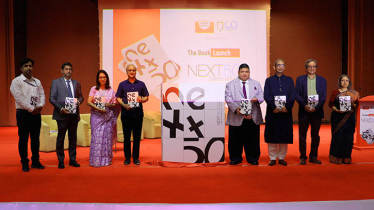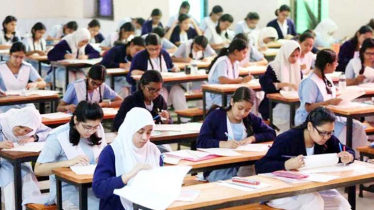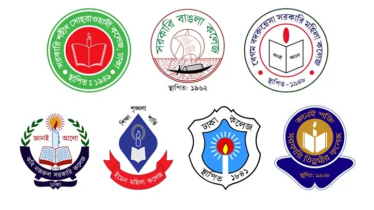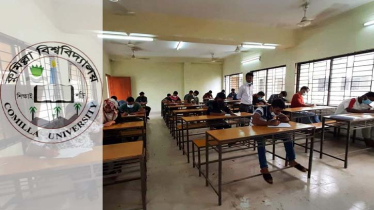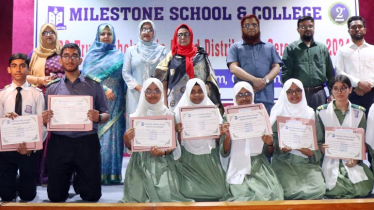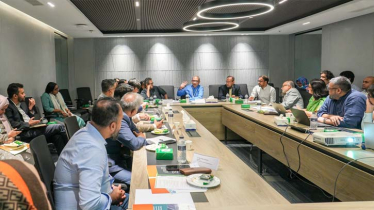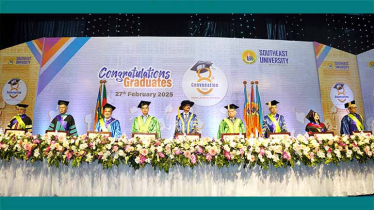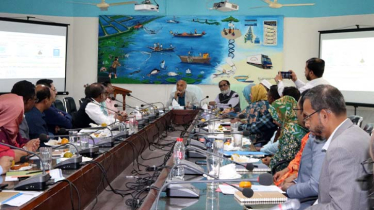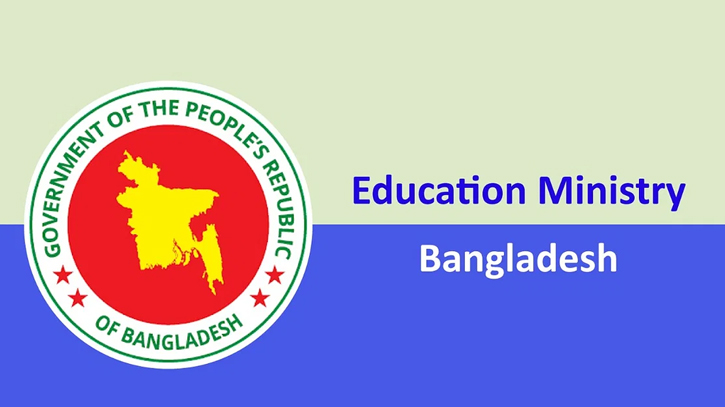
Photo : Collected
Despite an increase in the allocation for the education sector in the current financial year, related institutions have struggled to utilise even half of it during the first nine months. At present, these institutions have only managed to spend 42.39 percent of the allocated budget. Consequently, a significant portion of the budget designated for education is expected to remain unutilised.
At the beginning of the Annual Development Programme (ADP) for fiscal year 2023-24, the country's education sector received a 62 percent increase in allocation compared to the previous year. This boost aimed to mitigate the impact of Covid-19 by addressing issues such as reducing school dropout rates, enhancing the quality of education, improving infrastructure, and investing in higher education. However, due to difficulties in implementing this allocation effectively, the allocation for the education sector has been reduced in the revised ADP. Education stands out as one of the sectors experiencing a decrease in allocation in the revised ADP.
According to the Ministry of Planning’s ADP Implementation Progress (June’23 – March’24) report, the ADP implementation rate of the Ministry of Primary and Mass Education is 46.68 percent in the nine months of the current financial year. Apart from this, the secondary and higher education directorate under the Ministry of Education has managed to implement 42.51 percent of their total allocation in the annual development programme. However, the government’s priority technical and madrasa education departments have implemented the lowest ADP in education. Their implementation rate is only 37.97 percent.
The current ADP has a total of 9 projects of the Ministry of Primary and Mass Education and has a total allocation of Tk 8,121.10 crore. Secondary and Higher Education Directorate under the Ministry of Education have a total of 68 projects and against them have an allocation of Tk 5,501.95 crore. Apart from this, Tk 2,599.83 crore has been allocated against 20 projects of technical and madrasa education department.
Approximately 58 percent of the work must be completed within the last three months of the current financial year to fully utilise the allocated funds for national education supervisory institutions. However, stakeholders consider this task highly improbable. Consequently, the government approved the Revised Annual Development Programme (ADP) for the current fiscal year, reducing the allocation by Tk 18,000 crore back in March.
Initially, an allocation of Tk 29,889 crore was proposed for the education sector in the current Annual Development Program (ADP), marking a significant increase from Tk 18,431 crore in the revised ADP of the previous year. However, the National Economic Council (NEC) made amendments to this allocation in March of this year. Consequently, the current allocation for the education sector in the revised ADP stands at 7.03 percent, a decrease from its initial position as the third-highest sector at the beginning of the fiscal year, accounting for 11.36 percent of the total ADP.
Project officials have highlighted that despite the allocation, a significant portion of the Annual Development Program (ADP) is being returned due to "inefficient" management, "lack of action planning," and "lack of coordination" among the concerned departments and organizations involved in education-related projects.
During the initial six months of the fiscal year, until last December, officials reported that no funds were expended on 13 out of a total of 58 projects under the purview of the Secondary and Higher Education Directorate of the Ministry of Education. Additionally, the cost progress of the remaining projects amounted to only 11.64 percent during this period.
Meanwhile, a meeting was held on January 31 this year to review the progress of various projects of the Directorate of Secondary and Higher Education (DSHE). The minutes of that meeting were published on February 8. In that meeting, the director of DSHE’s planning and development branch, Professor AKM Shafiul Azam said that since a proper action plan was not prepared at the beginning of the financial year, the RADP had to be reduced.
According to the review of the progress in the implementation of the projects of various educational institutions, the progress of the Directorate of Secondary and Higher Education (DSHE) is 12.45 percent, the Directorate of Education and Engineering (DEE) is 17.54 percent, the Bureau of Education Information and Statistics (BANBEIS) is 3.93 percent, Bangladesh Scout is 13.18 percent and University Grants Commission (UGC) progress is 7.77 percent.
Out of the 13 zero cost projects, DEE has two projects, Banbeis has one project, Bangladesh Scout has one project and UGC has 9 projects. The project managers were then instructed by the Ministry of Education to raise the financial progress of these projects to a ‘satisfactory’ level.
Among these projects, the implementation of the ‘Establishment of 10 Government Secondary Schools in Dhaka City Adjacent Areas (1st Revised)’ project started in July 2017. In the last seven and a half years, the progress of this project is only 28.82 percent.
Mir Zahida Nazneen, the director in charge of this special project of the government told The Daily Messenger that the development work of 6 lands (sites for establishing six schools) has been completed and the ‘Soil Test’ of one land will be completed in April. Tk 874 crore will be spent in this sector. She also said that the financial progress of the project is related to land development and construction work.
Messenger/Fameema

